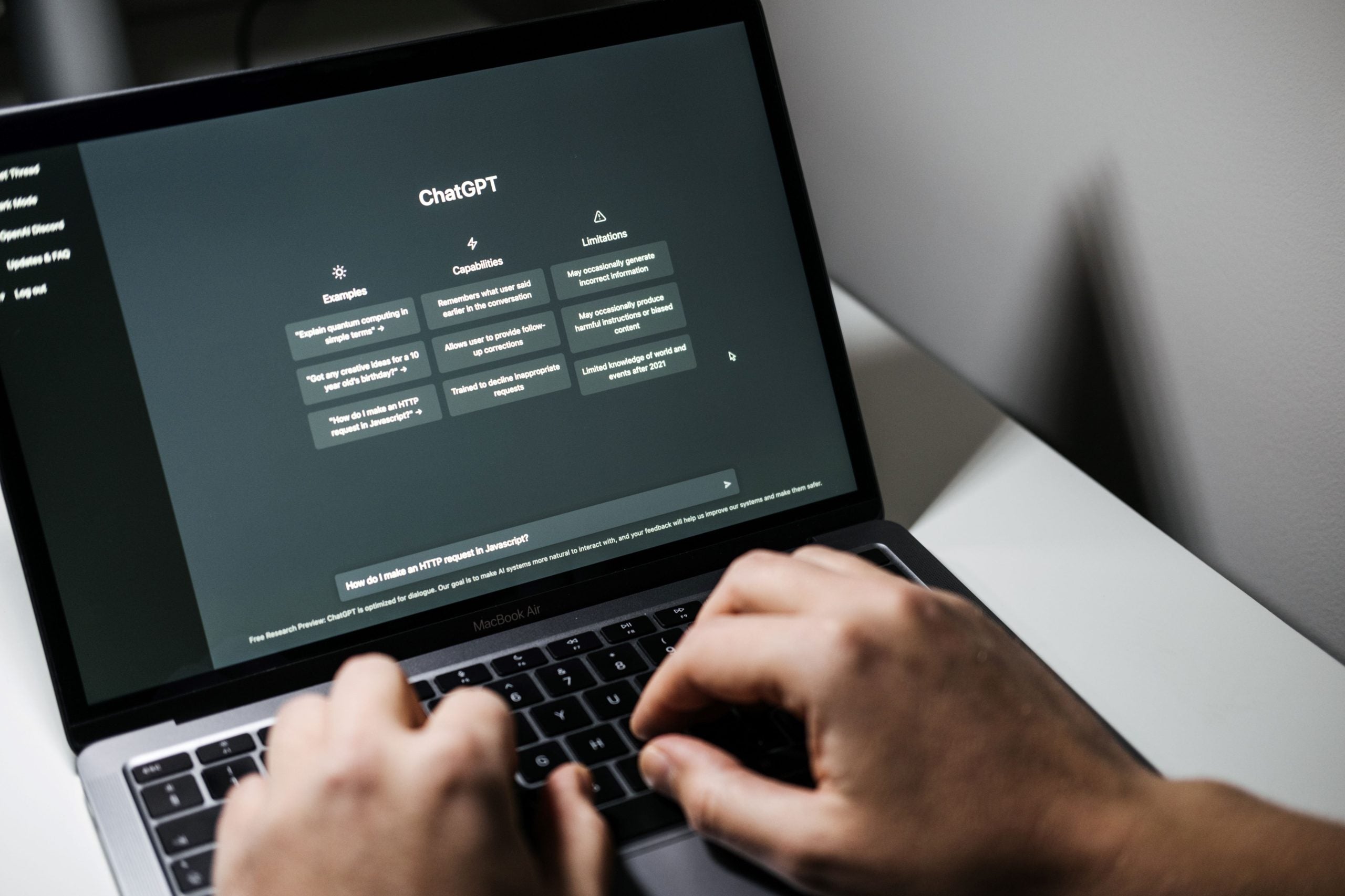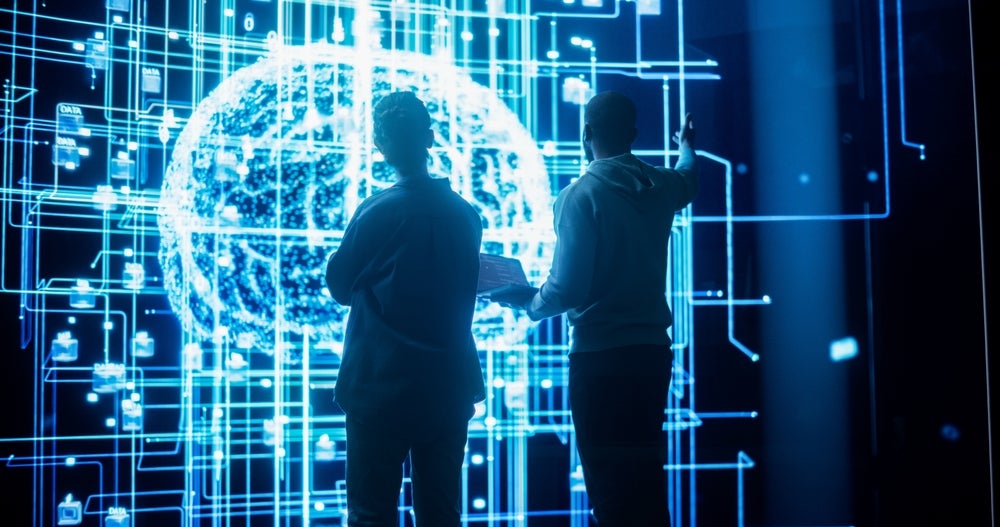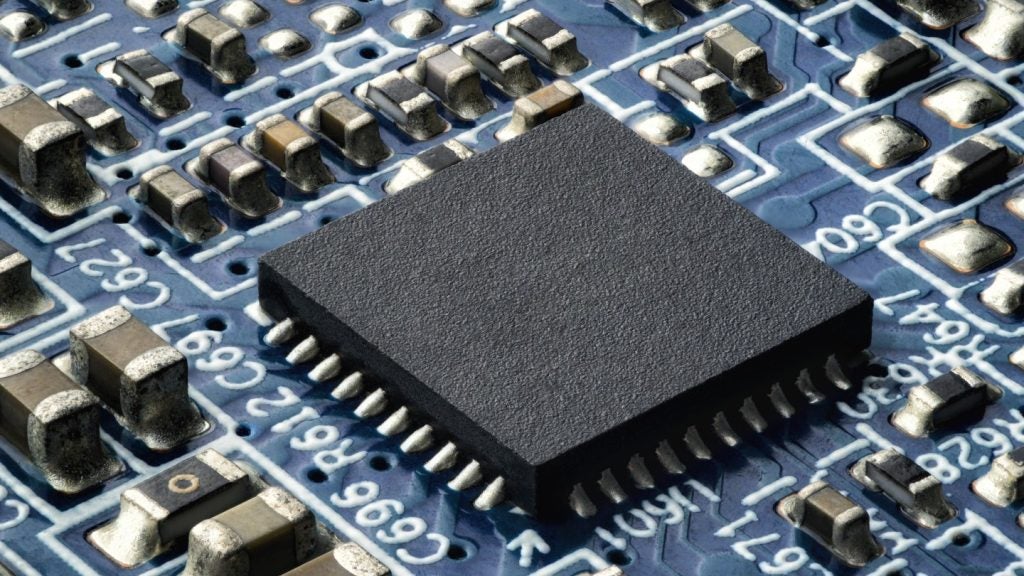
OpenAI has unveiled new controls that grant users the power to shape ChatGPT’s memory during conversations.
The feature, currently in testing phase, enables users to instruct ChatGPT on what to remember, view its memories, or turn off its memory function altogether. This update aims to make ChatGPT’s responses more tailored and relevant to individual user preferences.
In a 13 February blog post, OpenAI outlined the significance of this development: “ChatGPT can now carry what it learns between chats, allowing it to provide more relevant responses. As you chat with ChatGPT, you can ask it to remember something specific or let it pick up details itself. ChatGPT’s memory will get better the more you use it, and you’ll start to notice the improvements over time.”
The controls include the ability to instruct ChatGPT explicitly to remember certain details or turn off its memory feature entirely. This functionality opens up a range of possibilities, from personal preferences in travel choices to refining advice based on the age of children in a household.
The memory controls are not only designed for personal use but also extend to business scenarios. OpenAI envisions applications where ChatGPT can recall tone, voice, and formatting preferences for blog posts, or programming languages.
To safeguard user privacy, OpenAI assures that the memory feature can be disabled at any time, and specific memories or all memories can be viewed and deleted from the settings menu.
The memory function remains under the user’s control, separate from the chat history, and is not shared with GPT builders.
The new memory function directly addresses concerns about sensitive information being stored in ChatGPT’s memory and demonstrates that the chatbot will not proactively remember details unless explicitly instructed to do so.
A lack of data anonymisation when training models and reverse engineering attacks against AI models, means confidential information, such as intellectual property or sensitive data, could be at risk.
OpenAI also announced a new feature called Temporary Chat, allowing users to engage in conversations without ChatGPT accessing memories or previous interactions.
The introduction of memory capabilities raises privacy and safety considerations. For enterprise and team users, memory can be a valuable tool in streamlining workflows and enhancing efficiency.
OpenAI claims that user data and memories are excluded from training models, and organisations have control over how and when memories are used in chats.







